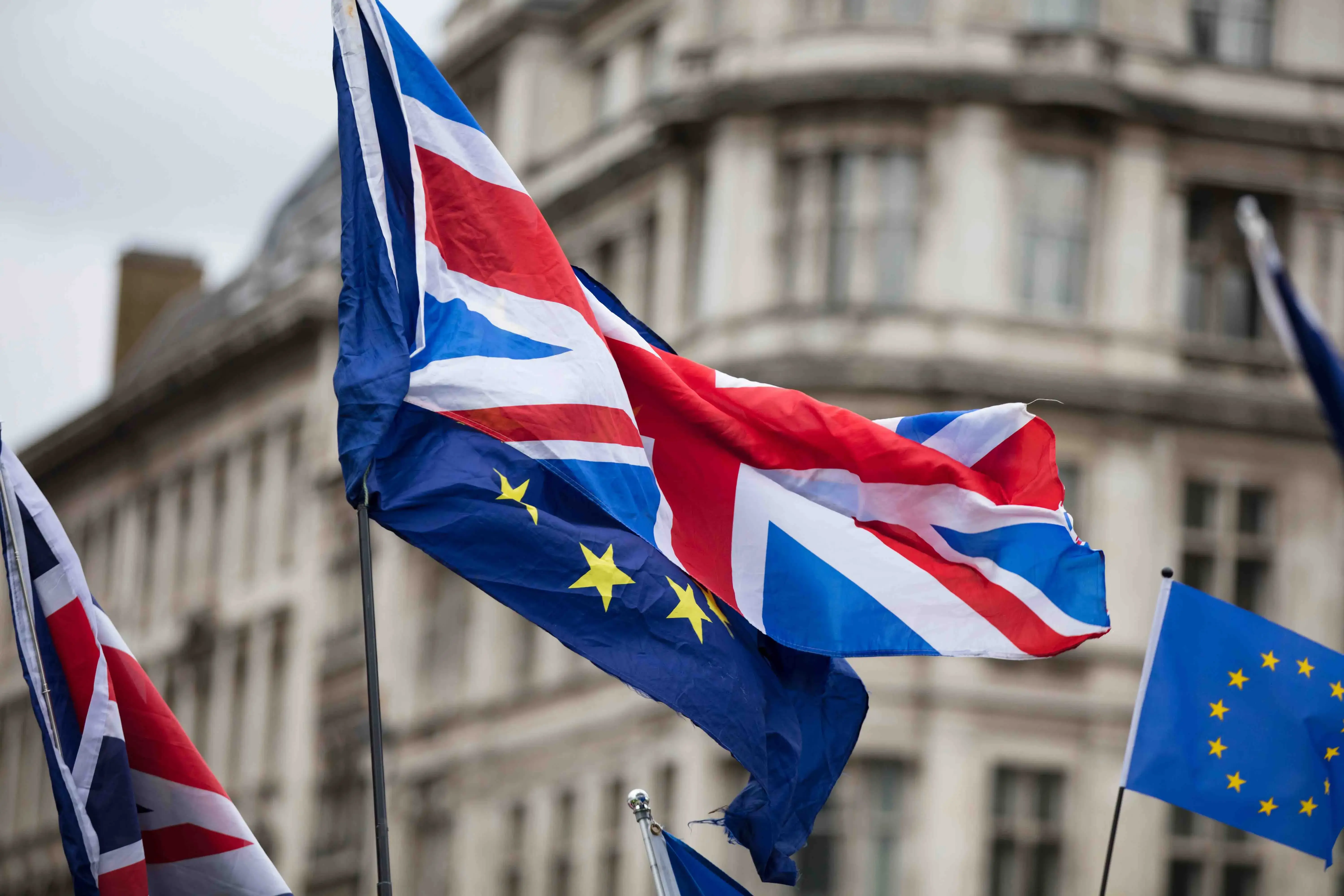"Brexit: The British market will remain highly attractive''
 Emmanuel Bisi
Emmanuel BisiAuthor
Published On
Despite its departure from the European Union (EU), the United Kingdom will remain a "highly attractive" market for companies from the continent, according to Raphaël Tirat, who heads the London branch of the French consulting firm Expandys. The United Kingdom remains France's top trade surplus partner in Europe. Therefore, it is a strategic partner considering the trade balance and many other factors.

As we approach Brexit in a few days, what is your mindset regarding this major change?
"Every change creates opportunities (...) Economists have been greatly mistaken since the referendum (in June 2016). There is a tendency to dramatize and instill fear. But whatever happens, the United Kingdom will remain the 2nd or 3rd largest economy in Europe depending on the sectors. It is a highly advanced economy with strong potential. This will persist regardless of the circumstances. The market remains very attractive and will continue to be so (...) Practically half of the UK's trade, both imports and exports, is with the European Union (EU). That will not change."
"I believe a free trade agreement (FTA) can be negotiated by the end of 2020 because, between the United Kingdom and the EU, we are not starting from scratch, we already have a broad common basis."
"The issue of standards will be significant. Will the British retain European standards, will they create their own standards, or will they seek to align with US standards?
In any case, it is highly probable that both the United Kingdom and the European Union will be flexible on the terms of importing goods and services initially."
What are the promising sectors for exports to the United Kingdom?
"Food in the broad sense, medical, everything related to start-ups, online commerce, research and development, interior equipment and furnishings, fashion, and textiles..."
"The food market will always be an opportunity. The UK's self-sufficiency rate is generally around 60% for agricultural products, according to DEFRA (Department of Environmental, Food and Rural Affairs), the equivalent of the Ministry of Agriculture."
"In agriculture, European countries (the Netherlands, Ireland, France, and Germany in particular) are the main exporters but also the main customers (along with the United States) of Great Britain."
"In all scenarios, major changes are expected in the British agricultural sector, which will become more open and exposed to competition (...) With the UK out of the EU, the Common Agricultural Policy (CAP) will no longer apply, marking the end of European subsidies to British farmers."
In the face of Brexit, what advice would you give to French companies exporting to or wanting to export to the United Kingdom?
"The United Kingdom is a market with high potential but quite demanding, whether it's about follow-up or services. You need to provide the right product and everything around it. Some companies may not necessarily have the right level of performance.
I see some companies deciding to leave the United Kingdom. In this case, Brexit is the triggering factor, but it's somewhat the tip of the iceberg.
Establishing partnerships with British companies (...) seems essential to me. In this case, everyone is interested in the success of the venture, and the involvement is more significant (...) Starting with a local distributor is a good way to test the market. Then, one can also consider a subsidiary or a joint venture.
Of course, adaptation will be necessary, but the real question, as always, is to thoroughly study the market, which has its own way of operating. It is misleading to think that doing business there only requires speaking English or that it is a nearby country," emphasizes Raphaël Tirat, UK Director of the French consulting firm Expandys.
(Interview by Clarisse Lucas from the AFP bureau in Rennes, Jan 28, 2020)





.png)